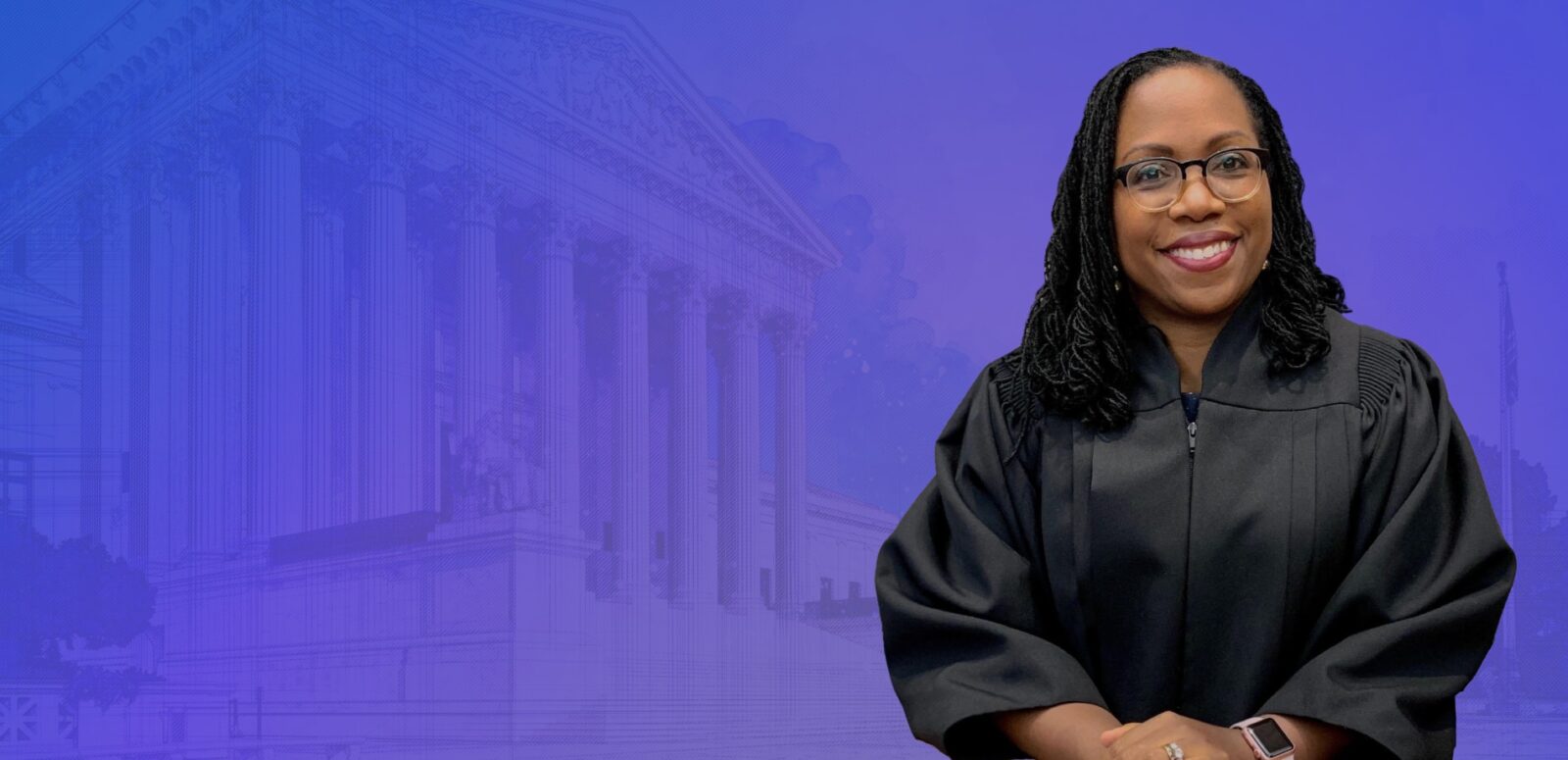Who Is the New Supreme Court Justice?
The Current Court: Justice Ketanji Brown Jackson
Justice Ketanji Brown Jackson is the new Supreme Court Justice, appointed by President Joe Biden in 2022. Her journey to the highest court in the United States has been marked by dedication, hard work, and a commitment to public service. In this article, we will delve into the life and career of Justice Jackson, exploring her background, education, and notable achievements that have shaped her into the esteemed jurist she is today.
Early Life and Education
Ketanji Brown Jackson was born on September 14, 1970, in Washington, D.C. Her parents were both educators in public schools, instilling in her a love for learning and knowledge from a young age. The family later moved to Miami, Florida, where she attended public schools. In high school, Jackson’s exceptional abilities in debate and speech competitions showcased her strong communication skills and intellectual prowess.
In 1988, she embarked on her academic journey at Harvard University, where she continued to excel in her studies and gained a broader understanding of the world of politics and government. In 1992, Jackson graduated from Harvard-Radcliffe with a Bachelor’s Degree in Government, setting the stage for her future career in law and public service.
Legal Career
Justice Jackson’s legal career is a testament to her dedication to justice and equality. After obtaining her Juris Doctor (J.D.) from Harvard Law School in 1996, she embarked on a journey that combined both private practice and public service.
Jackson’s professional experience in private practice allowed her to hone her legal skills and gain valuable insights into the complexities of the law. However, it was her federal clerkships that opened doors to significant opportunities. Notably, she served as a clerk for Associate Justice Stephen G. Breyer at the Supreme Court of the United States, which provided her with invaluable experience and exposure to the workings of the nation’s highest court.
In addition to her work in private practice, Justice Jackson also felt a strong sense of duty to serve the public. She worked for the United States Sentencing Commission from 2003 to 2005 and served as a federal public defender from 2005 to 2007. These experiences allowed her to witness firsthand the impact of the law on individuals and society.
Rise to the Federal Bench
In 2013, Ketanji Brown Jackson was appointed to the U.S. District Court for the District of Columbia, a prestigious position that placed her at the forefront of the nation’s capital’s legal landscape. As a district court judge, she presided over various cases, demonstrating a fair and impartial approach to the law.
Her reputation as an accomplished and respected jurist continued to grow, leading to her appointment to the U.S. Court of Appeals for the District of Columbia Circuit in 2021. This court is often considered a stepping stone to the Supreme Court, and her appointment signaled her potential for a higher calling in the future.
Nomination and Confirmation
In 2022, President Joe Biden nominated Justice Ketanji Brown Jackson as an Associate Justice of the Supreme Court of the United States. Her nomination garnered significant attention and praise from legal scholars and professionals who recognized her outstanding qualifications and commitment to justice.
Following a thorough confirmation process, Jackson took the oaths of office on June 30, 2022, officially becoming a Supreme Court Justice. Her confirmation represented a historic moment as she became the first African-American woman to be appointed to the Supreme Court since the retirement of Justice Thurgood Marshall in 1991.
Personal Life
Behind every successful individual is a support system, and Justice Ketanji Brown Jackson is no exception. She is married to Dr. Patrick Jackson, and together, they are the proud parents of two daughters. Her family has been a source of strength and encouragement throughout her journey, enabling her to pursue her career with dedication and passion.
Conclusion
Justice Ketanji Brown Jackson’s journey to becoming a Supreme Court Justice is a testament to her perseverance, dedication, and passion for the law. From her humble beginnings in Washington, D.C., to her prestigious position on the Supreme Court bench, she has consistently demonstrated her commitment to justice, fairness, and public service.
As she assumes her role on the Supreme Court, there is no doubt that Justice Jackson will leave an indelible mark on the nation’s legal landscape. Her unique perspective and commitment to upholding the Constitution will undoubtedly guide her decisions and contribute to shaping the future of American jurisprudence.
FAQs
1. What is Justice Ketanji Brown Jackson’s background?
Justice Ketanji Brown Jackson was born in Washington, D.C., where both of her parents were educators in public schools. She later moved to Miami, Florida, where she attended public schools and excelled in debate and speech competitions.
2. Where did Justice Jackson go to college?
She enrolled in Harvard University in 1988, where she pursued a Bachelor’s Degree in Government. She later earned her Juris Doctor (J.D.) from Harvard Law School in 1996.
3. What are some of Justice Jackson’s career highlights?
Throughout her career, Justice Jackson has served as a federal clerk for Associate Justice Stephen G. Breyer, worked in private practice, served on the U.S. Sentencing Commission, and held positions as a federal public defender and U.S. District Court judge.
4. When was Justice Jackson appointed to the Supreme Court?
President Joe Biden appointed her as an Associate Justice of the Supreme Court of the United States in 2022.
5. What makes Justice Ketanji Brown Jackson’s appointment historic?
Her appointment to the Supreme Court is historic as she became the first African-American woman to be appointed to the Court since the retirement of Justice Thurgood Marshall in 1991.








